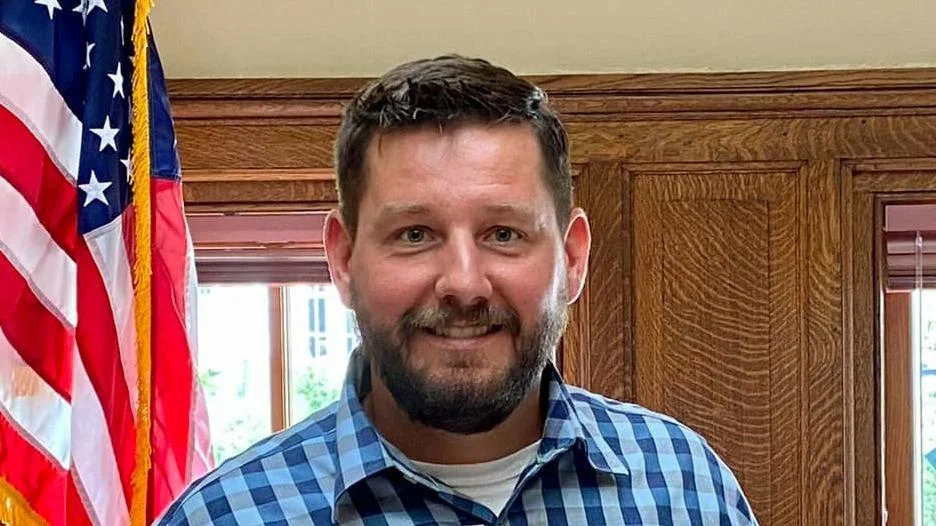Elijah Behnke, Wisconsin State Representative for 6th District | Facebook
Elijah Behnke, Wisconsin State Representative for 6th District | Facebook
According to the Wisconsin State Legislature's official website, the bill was described as follows: "prohibiting a foreign adversary from acquiring agricultural or forestry land in this state".
The following is our breakdown, based on the actual bill text, and may include interpretation to clarify its provisions.
In essence, this bill aims to prevent foreign adversaries, as defined by the federal secretary of commerce as entities posing a threat to U.S. security, from acquiring or holding any agricultural or forestry land in Wisconsin. It modifies existing state laws that limit nonresident aliens and foreign entities from owning more than 640 acres of such land, ensuring that these restrictions apply without exceptions to foreign adversaries. The legislation retains exceptions for specific activities like mining and manufacturing while barring foreign adversaries from any land acquisition in the state for agricultural or forestry purposes. This bill applies prospectively to land acquired after the effective date, without affecting pre-existing interests.
The bill was co-authored by Senator André Jacque (Republican-1st District), Representative Scott Allen (Republican-82nd District), Representative David Armstrong (Republican-67th District), Representative Lindee Rae Brill (Republican-27th District), and Representative Brienne Brown (Democrat-43rd District). It was co-sponsored by Senator Rachael Cabral-Guevara (Republican-19th District) and Senator Steve L. Nass (Republican-11th District), along with 12 other co-sponsors.
Elijah R. Behnke has co-authored or authored another 13 bills since the beginning of the 2025 session, with none of them being enacted.
Behnke graduated from Toccoa Falls College in 2005 with an AA.
Behnke, a Republican, was elected to the Wisconsin State Assembly in 2025 to represent the state's 6th Assembly district, replacing previous state representative Peter Schmidt.
In Wisconsin, the legislative process starts when a senator, constituent, group, or agency proposes an idea for a bill. After drafting, the bill is introduced, numbered, and referred to a committee for review and public input. If approved, it moves through three readings and votes in both the Senate and Assembly. Once both chambers pass the same version, the bill goes to the governor, who can sign it, veto it, or let it become law without a signature. Only a small share of bills introduced each session ultimately become law. You can learn more about the Wisconsin legislative process here.
| Bill Number | Date Introduced | Short Description |
|---|---|---|
| AB30 | 02/17/2025 | Prohibiting a foreign adversary from acquiring agricultural or forestry land in this state |
| AB26 | 02/17/2025 | Battery or threat to jurors and providing a penalty |
| AB18 | 02/06/2025 | Fee waivers for state park vehicle admission receipts to pupils with Every Kid Outdoors passes. (FE) |
| AB4 | 02/03/2025 | Required instruction in civics in the elementary and high school grades, high school graduation requirements, and private school educational program criteria. (FE) |
| AB3 | 02/03/2025 | Incorporating cursive writing into the state model English language arts standards and requiring cursive writing in elementary grades. (FE) |






 Alerts Sign-up
Alerts Sign-up